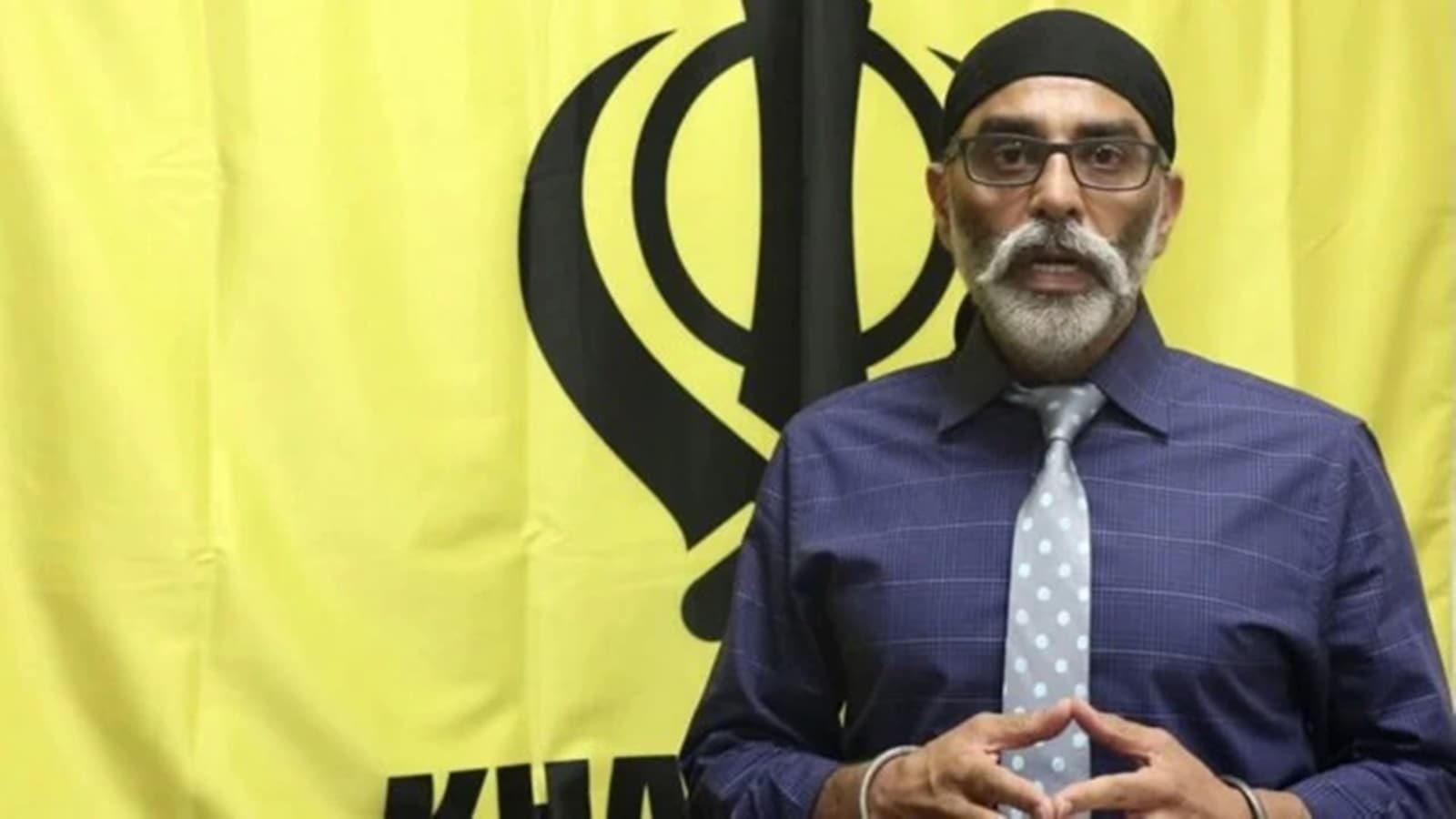 |
|
The recent revelation of an alleged plot to assassinate Khalistan separatist Gurpatwant Singh Pannun has sent shockwaves through India and the international community. The plot, initially uncovered by US authorities, involved the alleged collaboration between Vikash Yadav, a former Indian official, and Nikhil Gupta, an Indian national extradited from Prague. The US Department of Justice indictment detailed a plan to pay an assassin $100,000 to eliminate Pannun, a dual US-Canadian citizen and leader of the banned Sikhs for Justice organization. This incident underscores the complex and often fraught relationship between India and its diaspora, particularly concerning the volatile issue of Khalistan separatism. The timing of the revelation, shortly after Canadian Prime Minister Justin Trudeau's accusations against Indian officials in the killing of Hardeep Singh Nijjar, further intensified international scrutiny of India's actions.
In response to the US indictment, the Indian government swiftly established a high-powered committee to thoroughly investigate the alleged plot. The committee, comprising officials from various agencies, conducted a comprehensive investigation, including pursuing leads provided by US authorities. This involved collaborative efforts between Indian and US agencies, exemplified by a visit to Washington D.C. to discuss the case and receive updates. The collaborative nature of the investigation highlights the increasing interdependence of international intelligence agencies in tackling transnational crimes, particularly those involving terrorism and political extremism. The exchange of information and coordinated efforts are vital in bringing those responsible to justice. The committee's findings, detailed in a report submitted to the government, recommended legal action against an individual whose past criminal history further compounded the situation. This recommendation marks a significant step towards accountability and transparency in addressing the allegations.
The committee's report also extended beyond the immediate criminal investigation to suggest functional improvements in existing systems and procedures. This proactive approach indicates a recognition of the need for enhanced mechanisms to prevent similar incidents in the future. The recommendations likely focus on strengthening India’s capabilities in responding to threats, improving coordination among various agencies, and implementing robust control measures to prevent such plots from being hatched or carried out. This holistic approach reflects a strategic move to bolster India’s national security apparatus and address systemic vulnerabilities that may have contributed to the alleged plot. The recommendations underscore the broader implications of this incident, moving beyond a single criminal case to encompass a review of national security protocols and international cooperation.
The case highlights the delicate balance India must maintain between upholding its national security interests and engaging in international cooperation. The accusations levied by Canada and the subsequent US indictment have placed India under significant pressure to address allegations of state-sponsored violence. While New Delhi dismissed Trudeau's allegations as 'absurd and motivated', the measured response to the US indictment suggests a willingness to cooperate internationally while also protecting its sovereignty. The arrest of Vikash Yadav on separate extortion charges further complicates the narrative, raising questions about potential overlaps between criminal activities and alleged involvement in the assassination plot. The ongoing legal proceedings will be crucial in shedding light on the extent of involvement of all those implicated.
The Pannun assassination plot case underscores the ongoing challenges in addressing transnational terrorism and political violence. It highlights the crucial role of international cooperation in investigating and prosecuting such crimes. The collaboration between the US and Indian authorities provides a model for addressing similar threats in the future. However, the incident also raises concerns about the potential for misuse of intelligence and the need for rigorous oversight of intelligence agencies. The committee’s recommendations for systemic improvements are vital steps in mitigating future risks. The case also underlines the importance of transparency and accountability in handling sensitive national security matters, ensuring that allegations are thoroughly investigated, and appropriate action is taken while respecting international norms and human rights.
The long-term implications of this case extend beyond the immediate legal ramifications. The success of the investigation and prosecution will not only impact the individuals involved but also shape perceptions of India's commitment to upholding the rule of law and its cooperation with international partners. The incident also serves as a stark reminder of the ongoing challenges in combating extremism and the need for sustained vigilance and proactive measures to prevent future plots. The international community will continue to monitor the progress of the legal proceedings and assess India's response to address the concerns raised by this incident. The case emphasizes the importance of a comprehensive strategy combining law enforcement, intelligence gathering, and diplomatic efforts to effectively address the complex issue of transnational terrorism.
